
(Trees For Life via SWNS)
By Elizabeth Hunter
Beavers have been released in a Highland glen for the first time - 400 years after their extinction in Scotland.
A family of five beavers, and a pair of beaver mates, were released at two sites on Loch Beinn a Mheadhoin in the Glen Affric National Nature Reserve in the northwest Highlands.
The release, around 15 miles from Loch Ness, was the first by government-run Forestry and Land Scotland (FLS), and the second in Scotland outside of their existing legally recognized range.
FLS, which manages the National Nature Reserve, has been working in partnership with Trees for Life since 2022, supported by nature restoration charity Beaver Trust.
Issues were raised prior to the introduction by local farmers, but FLS says the three-phase consultation process was detailed and addressed their concerns.

Beavers have been released in a Highland glen for the first time - 400 years after their extinction in Scotland. (Trees For Life via SWNS)
Once widespread in Scotland, the Eurasian beaver was hunted to extinction for its pelt, meat and musk oil.
Records indicate beavers may have survived in small numbers until the 16th century.
FLS' North Region Manager, Alex Macleod, said: “Beavers being translocated to Glen Affric is the culmination of a long, exacting and thorough process for FLS and Trees for Life.
"Fully engaging with the local Affric communities, including through a detailed consultation process, has been crucial in making sure that all voices were heard.
“This high degree of local consultation has helped put in place processes to discuss any necessary mitigation, and to address concerns raised by those not in favor of beaver introductions.
"We are establishing a group to oversee ongoing monitoring to inform management decisions in the months and years to come, and I would hope that the beavers eventually become an integral and unremarked part of Glen Affric.”

(Trees For Life via SWNS)
NatureScot granted a licence in August for the release of four family groups of beavers to the waters above Beinn A’ Mheadhoin dam, following an application by FLS last December.
Beavers create wetlands that benefit other wildlife, purify water and reduce flooding - but sometimes the species can also create localized problems.
The Glen Affric project partners have put in place measures to address these quickly should they emerge.
FLS is establishing a Beaver Community Mitigation and Monitoring Group as a community and visitor liaison focal point, where developments can be monitored, aired and addressed.
The Group, which also involves NatureScot, will also look at developing educational opportunities with local schools, the wider community and visitors to the area.
Steve Micklewright, Trees for Life’s Chief Executive, said: “As we saw the beavers released into the loch, we were watching a moment of wildlife history – offering hope for tackling the nature and climate emergencies, and a better future for biodiversity and people.
“We’re proud to have worked with FLS on this community-focused initiative.
"FLS has undertaken vital habitat restoration work in Glen Affric over many years and shown real leadership in nature restoration by reintroducing this important habitat-creating, biodiversity-boosting, flood-preventing animal.”

(Trees For Life via SWNS)
The translocation to Glen Affric was carried out by Dr. Roisin Campbell-Palmer, Head of Restoration at Beaver Trust, who said: “Beavers are a powerful ally in turning the biodiversity crisis around, and we’re delighted to have carried out this important reintroduction to one of Scotland’s most famous glens.
“Each new catchment we restore beavers to brings Scotland closer to its 2045 goal of a nature-rich, resilient future.
"Responsible, well-considered translocations like this are helping re-establish a healthy, connected beaver population across the country.”
Prior to their release in Glen Affric, the beavers were housed at a specialized beaver holding and quarantine facility at Five Sisters Zoo for health checks.
Local resident Malcolm Wield said: “Beavers benefit a wide range of different species, including trees, plants, invertebrates, amphibians, fish, other mammals, and birds.
"This is a good result for us, our children, our grandchildren, and future generations. Congratulations to all involved.”
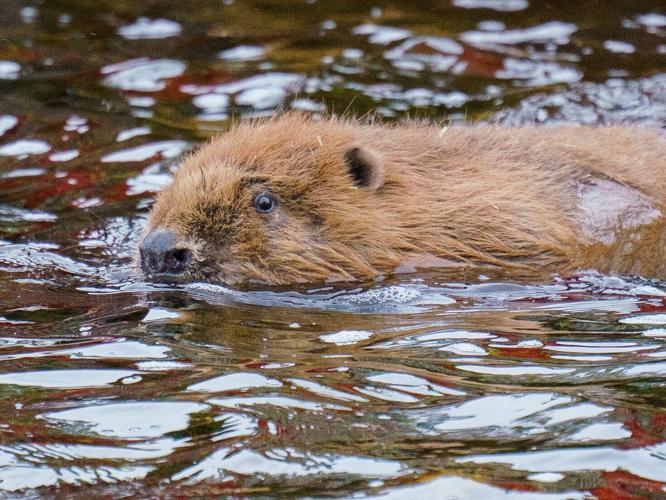
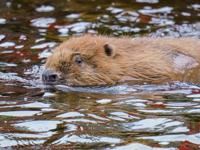
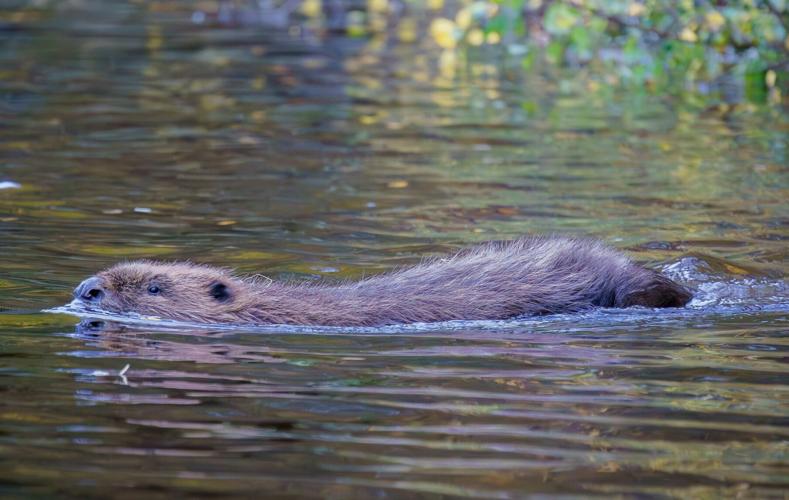
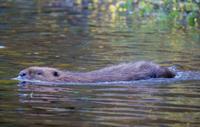
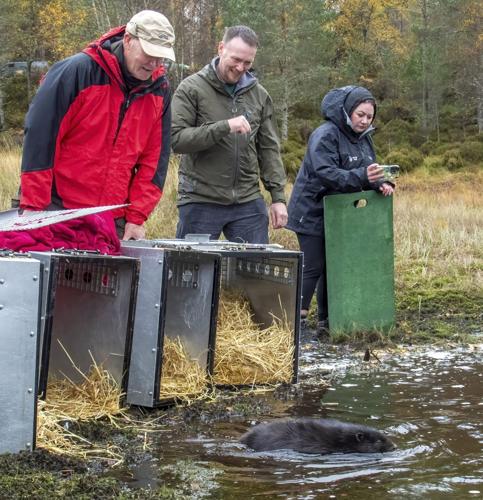
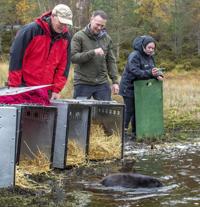
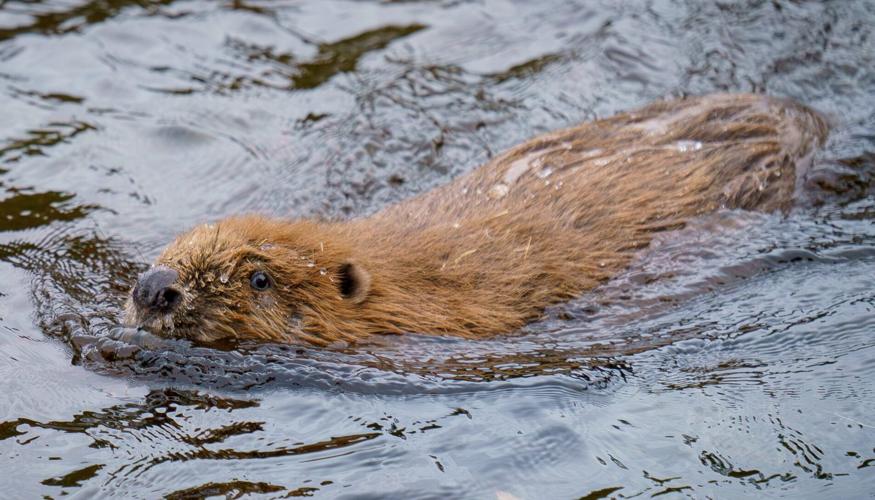
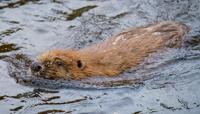
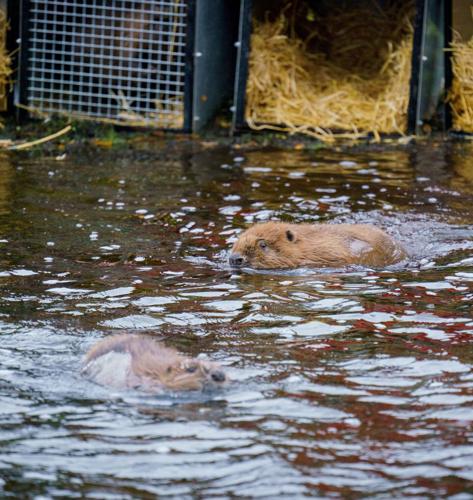
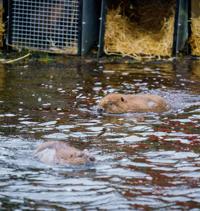
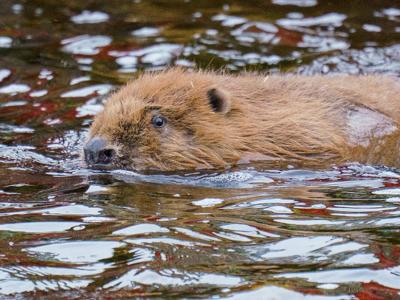













(0) comments
Welcome to the discussion.
Log In
Keep it Clean. Please avoid obscene, vulgar, lewd, racist or sexually-oriented language.
PLEASE TURN OFF YOUR CAPS LOCK.
Don't Threaten. Threats of harming another person will not be tolerated.
Be Truthful. Don't knowingly lie about anyone or anything.
Be Nice. No racism, sexism or any sort of -ism that is degrading to another person.
Be Proactive. Use the 'Report' link on each comment to let us know of abusive posts.
Share with Us. We'd love to hear eyewitness accounts, the history behind an article.